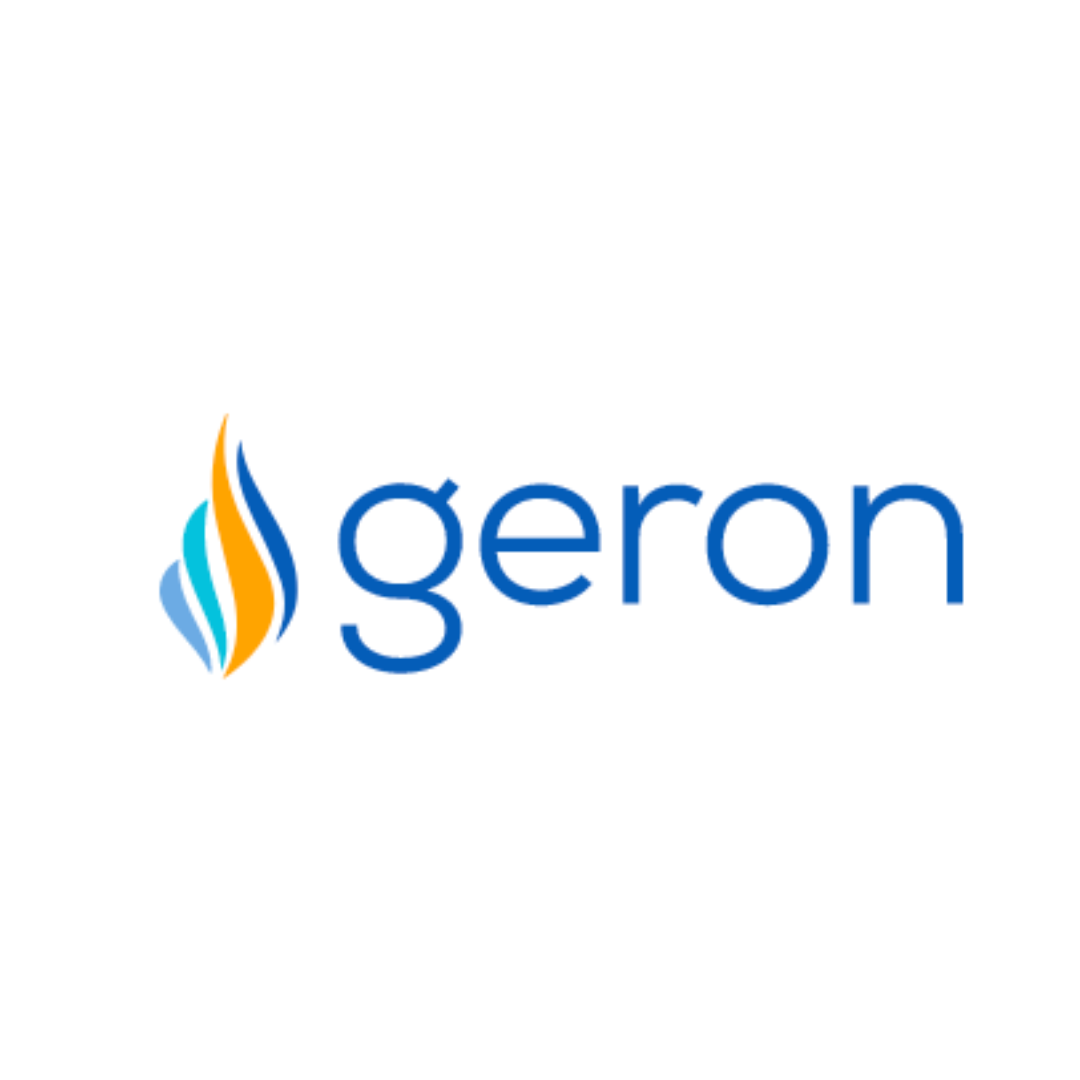Article
Phase 3 Data Support Myelodysplastic Syndromes Treatment as Potential First-in-Class Therapy
Author(s):
Promising results from the IMerge phase 3 clinical trial met the primary and secondary endpoints in the investigation of imetelstat, a novel telomerase inhibitor developed for hematologic malignancies.

Phase 3 data shared by Geron Corporation today demonstrated positive top-line results by meeting the primary and secondary endpoints in the investigation on imetelstat, a novel, first-in-class telomerase inhibitor that's being developed for hematologic malignancies.
In a series of studies, imetelstat displayed promise in targeting telomerase to inhibit the uncontrolled proliferation of malignant stem and progenitor cells in myeloid hematologic malignancies. As a result, the treatment caused malignant cell apoptosis and showed the ability to achieve disease-modifying activity.
Results from the latest clinical trial met the 8-week transfusion independence (TI) primary endpoint, as well as the key secondary 24-week TI endpoint. Patient improvements were clinically meaningful and of high statistical significance.
“The notable results from IMerge phase 3 underscore our belief that, with the unique mechanism of action of imetelstat as a telomerase inhibitor, the drug has the potential to become a first-in-class therapy for lower risk MDS patients," Faye Feller, MD, Chief Medical Officer, Geron, said in a statement. "The meaningful clinical results observed in the trial, including duration of TI, increases in hemoglobin levels, decreases in transfusions and reductions in mutation burdens, suggest imetelstat treatment may be altering the course of the disease."
Current safety results from the phase 3, double-blind, 2:1 randomized, placebo-controlled clinical trial were consistent with those of prior imetelstat clinical trials. The patient population is dependent on transfusions with IPSS Low or Intermediate-1 risk MDS and experienced relapse, either following refractory period, or were otherwise ineligible for, ESA treatment.
This specific subgroup of patients had not received a hypomethylating agent (HMA) treatment, nor lenalidomide, and were reported as non-del(5q).
"We look forward to presenting additional data from the trial at medical meetings later this year to further develop the evidence for potential disease modification previously observed in Phase 2 trials in both lower risk MDS and relapsed/refractory MF,” Feller explained.

